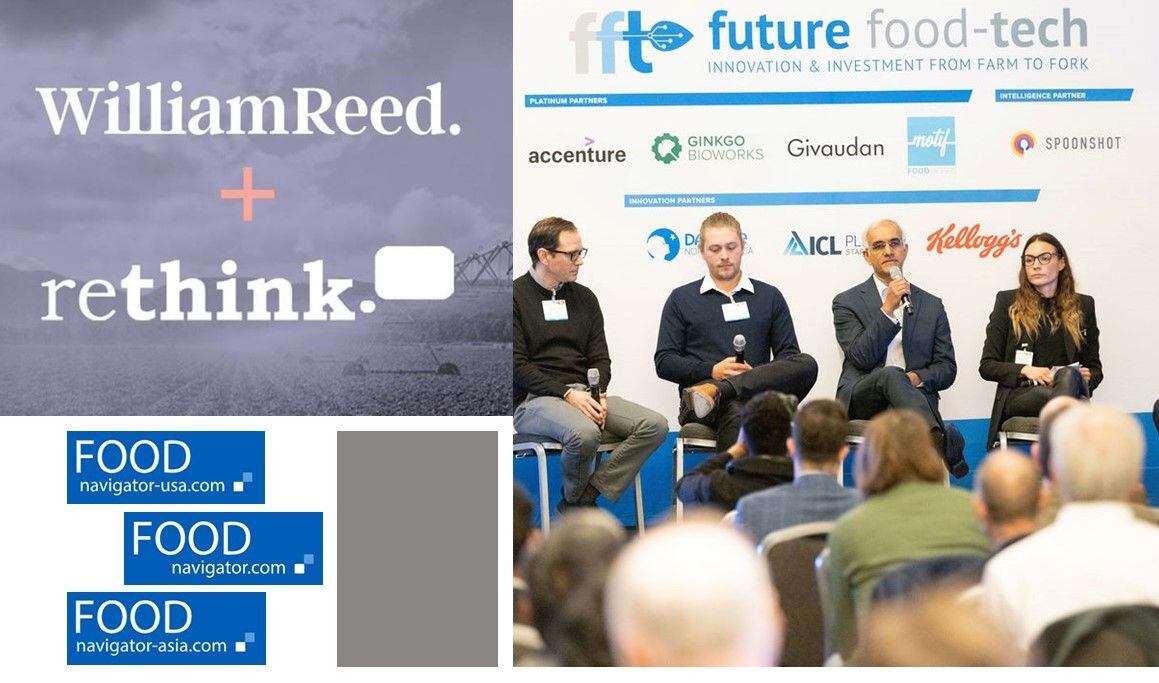
Kellogg’s Kellanova will focus on innovation, smaller packs & enhanced marketing to drive snack sales
On track to separate from Kellogg Co. in the fourth quarter, Kellanova will position itself as a snacks-led powerhouse and improved company with “a growth mindset, a refreshed strategy and more ambitious financial expectations,” CEO Steve Cahillane said...

















































